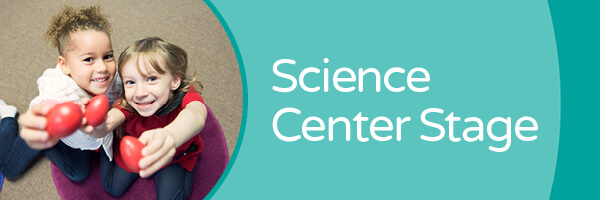[vc_row][vc_column][vc_column_text]It’s that time of year…families in the United States will gather around tables across the country, eat turkey and stuffing, sweet potatoes and cranberry sauce, and perhaps watch a parade or football game. The Thanksgiving holiday finds its roots in communal meals to celebrate the year’s harvest. Now, we often take time to give thanks for a host of positive things in our lives. But…did you know that practicing gratitude on a regular basis has a positive impact on your health? Take a break from meal planning as Dr. Boyle explores the benefits of gratitude. [/vc_column_text][/vc_column][/vc_row][vc_row][vc_column][vc_column_text]
Practicing Gratitude Changes the Brain
I think we have all experienced that good feeling when we express genuine thanks for something – that warm sensation in the chest. As it turns out, when you take time to practice gratitude, it physically changes the brain in wonderful ways.
In a recent study by scientists at Indiana University, brains scans of research subjects who regularly practiced gratitude, in this case writing letters to important people in their lives, showed increased activity in the brain when asked to consider donating money to a charity group. The control group showed similar brain activity, but not as much as the group that had regularly been practicing gratitude. So what does all this mean? Well, good things for us…and good things for those around us. Dr. Christian Jarrett, a psychology writer for NYMag explains:
This result suggests that the more practice you give your brain at feeling and expressing gratitude, the more it adapts to this mind-set — you could even think of your brain as having a sort of gratitude “muscle” that can be exercised and strengthened (not so different from various other qualities that can be cultivated through practice, of course). If this is right, the more of an effort you make to feel gratitude one day, the more the feeling will come to you spontaneously in the future. It also potentially helps explain another established finding, that gratitude can spiral: The more thankful we feel, the more likely we are to act pro-socially toward others, causing them to feel grateful and setting up a beautiful virtuous cascade.
Just think, you can go to the gym, work out, and see a physical result. This study shows us that we can exercise the part of our brain that responds to gratitude, we can see a mental result, and that mental result impacts us in real ways.
Positive Effects of Practicing Gratitude
- Feeling more refreshed after sleep
- Lower stress levels – up to a 25% reduction of stress hormones according to a 1985 study!
- Increased happiness
[/vc_column_text][vc_column_text]

[/vc_column_text][/vc_column][/vc_row][vc_row][vc_column][vc_column_text]
What Does Practicing Gratitude Look Like?
It can take many forms. You can keep a journal and each day, take time to write down something for which you are thankful – and why you are thankful. You can tell those around you why you are grateful for them. You could even, like the subjects in the Indiana University study, write a letter every week to someone important to you, letting them know how thankful you are that they have been part of your life.
I started a Facebook project earlier this year – each day, I went to a friend’s wall and let them know why I was lucky to know them, sharing how they have positively impacted my life. I tried my best to do this first thing in the morning. I found that when I was able to do this, it set a much more positive tone for the day.
You can also start right at home. Take time to tell your spouse or partner, you children and even your furry family members how thankful you are for their positive impact on your life’s journey.[/vc_column_text][/vc_column][/vc_row][vc_row][vc_column][vc_column_text]
Tend the Garden of Gratitude
This takes time, but the benefits are worth it. As you increase your gratitude practices, both outward and inward, you’ll find that happiness is a more present companion in your life. If you start the day with gratitude, why not end the day this way as well? Before hitting the pillow, take a brief moment and think about one or two things that happened during the day for which you are grateful. They don’t have to be huge things – small things work just as well. Did someone hold a door for you? Did a fellow driver let you go first? The power of positive thought is pretty amazing. Psychologists are not suggesting that you ignore the challenges in your life, rather that we do our best to not forget the joys. Did your daughter put her PJs in the hamper without being asked? Hooray! Did your son say thank you to the delivery guy? Huzzah!
Take a moment and watch this TED Talk by Br. David Steindl-Rast, a Benedictine monk who works to encourage interfaith dialogue and author of Gratefulness, the Heart of Prayer.[/vc_column_text][vc_video link=”https://www.youtube.com/watch?v=UtBsl3j0YRQ”][/vc_column][/vc_row][vc_row][vc_column][vc_column_text]Don’t hold it in. Tell those around you how much they mean to you. When you do this, you change two lives – that person’s life…and your own. The more you practice gratitude, the greater the impact on you and your circle. An act of gratitude causes inward and outward ripples of positivity. Start with a gratitude journal or writing a letter or two and grow from there. Practicing gratitude is a powerful mechanism to increase the quality of our interpersonal relationships.
In case you didn’t know, friends, Kindermusik is grateful for you![/vc_column_text][/vc_column][/vc_row]

